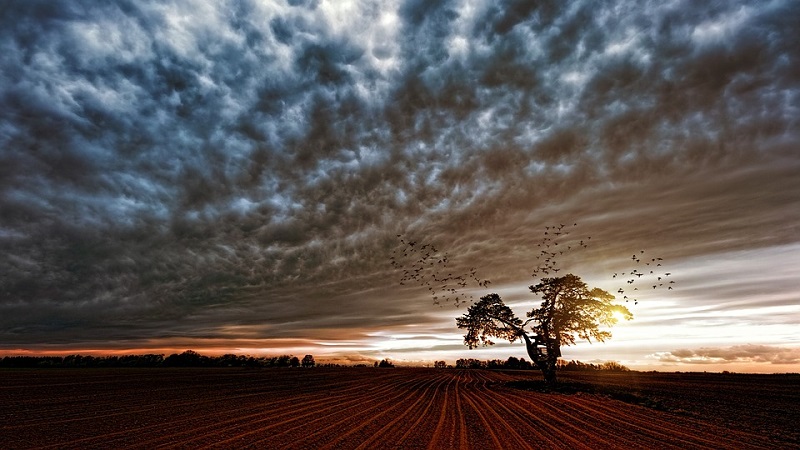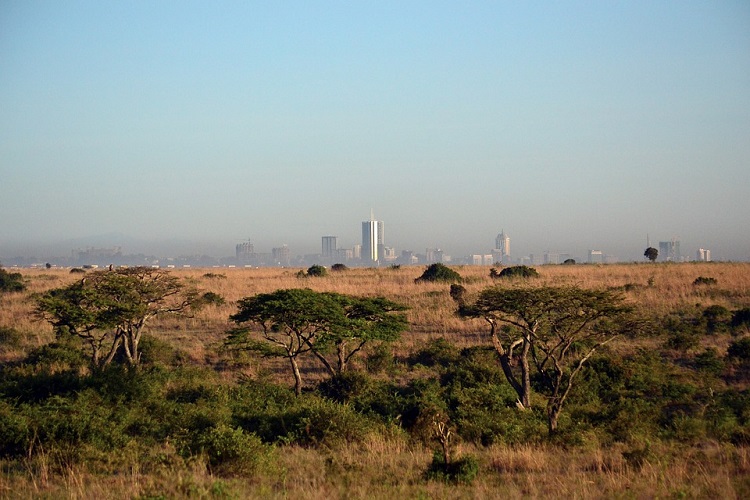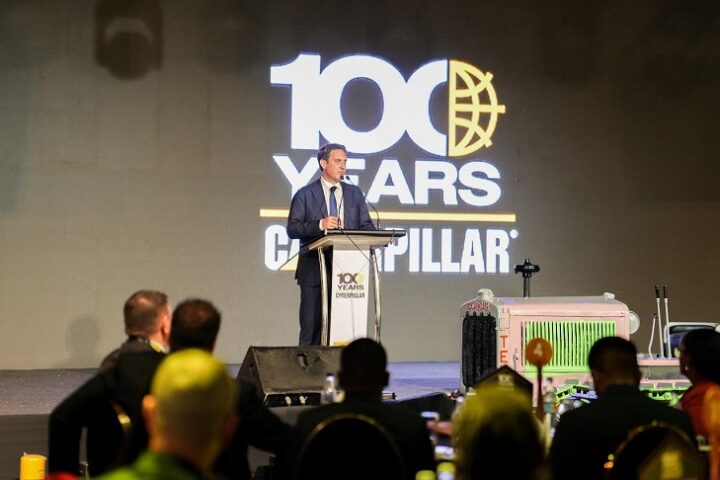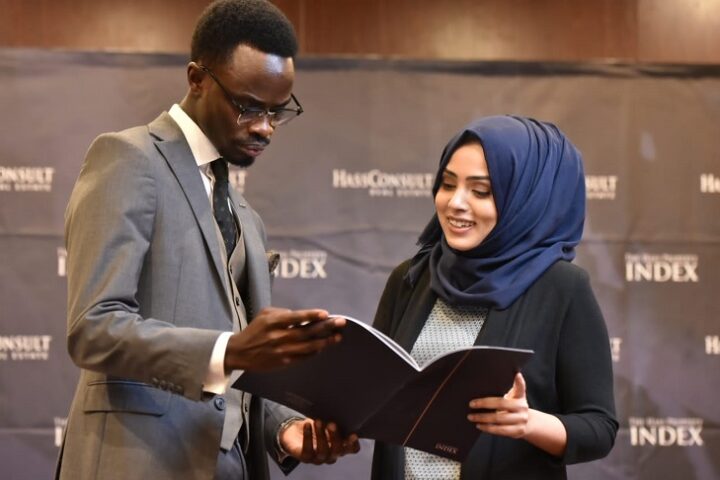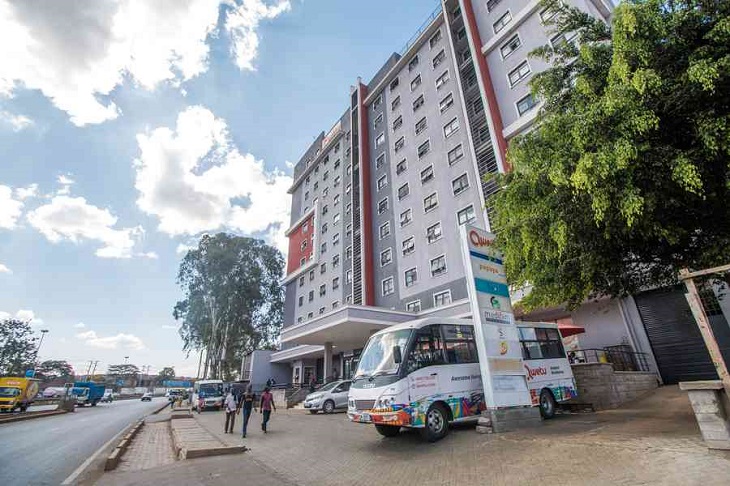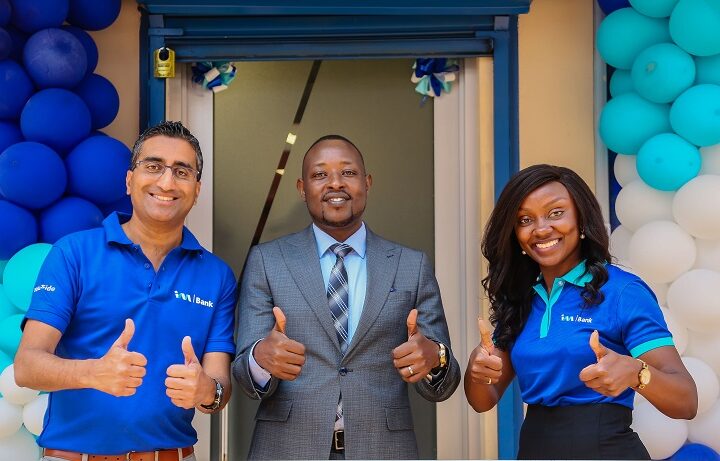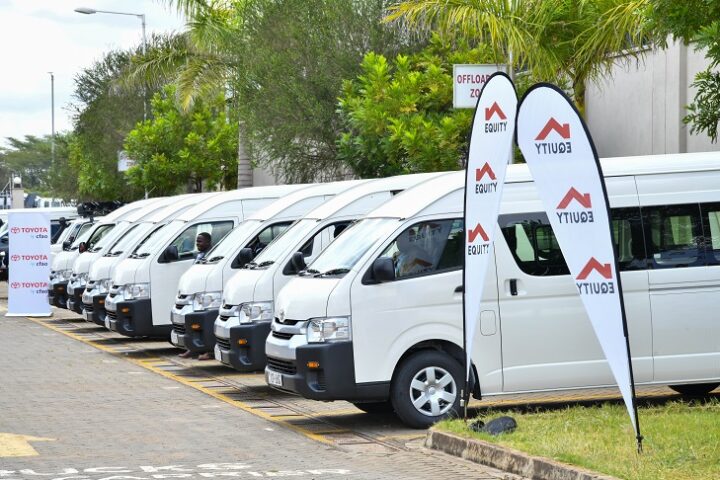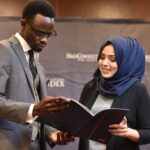Thirty-six organizations and enterprises in Kenya are set to receive USD 7.5 million in grants, loans, and equity finance from TerraFund for AFR100, a fund for locally-led landscape restoration projects operating in Africa.
They are part of a second cohort of investments, named TerraFund for AFR100 Landscapes, that are restoring land in three of the continent’s vital landscapes: the Greater Rift Valley of Kenya, the Lake Kivu and Rusizi River Basin in Rwanda, Burundi, and the Democratic Republic of Congo; and the Ghana Cocoa Belt.
These landscapes were chosen because they provide food and water for millions of people and protect crucial biodiversity, yet they are suffering from decades of degradation.
“In the final analysis, climate action is local. I am delighted TerraFund for AFR100 and partners are mobilizing finance and capacity for restoration champions. We need both scale and speed for the restoration movement in Africa to improve the lives and livelihoods of smallholder farmers, their families, and communities,” said Wanjira Mathai, Managing Director for Africa and Global Partnerships at World Resources Institute.
TerraFund will disburse USD 17.8 million to a total of 92 organizations. Aside from Kenya, in Rwanda, 20 champions will receive USD 3.6 million; in Burundi, 11 organizations will receive USD 2.1 million; in the DRC, 10 projects will be awarded USD 1.9 million; and in Ghana, USD 2.7 million will go towards 15 projects.
These “restoration champions” were selected after TerraFund screened 601 applications gathered through an open call for proposals.
Through 2030, this new investment in Kenya is projected to grow 4.5 million trees, restore 13,000 hectares of land, create 21,000 temporary and full-time jobs, and benefit 245,000 people living in these regions.
“Local groups are at the heart of Africa’s restoration movement but historically have been viewed as too small or risky for investment. The TerraFund champions are shattering this myth. Not only are these groups doing remarkable work on the ground, but they’re also utilizing new monitoring technologies, allowing us to track progress like never before,” said Andrew Steer, President and CEO of the Bezos Earth Fund.
TerraFund was established in September 2021 when it announced applications for its first cohort, the Top 100, which financed one hundred community organizations and businesses across 27 countries in Africa. Since May 2022, the Top 100 cohort has begun to grow 12.5 million trees, provided paid work to 36,000 people, and improved the livelihoods of 202,000 people.
In Kenya, a leading entrepreneur is seeing the benefits from this investment. Caroline Kariuki, co-founder and CEO of GreenPot Enterprises, a bamboo growing and manufacturing company in Kenya, used her first TerraFund loan to enable hundreds of farmers to grow bamboo. With an additional equity investment, the company will finish building its factory in Narok, Kenya, transforming raw bamboo into marketable products.
“This funding is a testimony that our work is appreciated. It will be an inspiration for the farmers because, for the first time, we will be able to buy the bamboo from them, and they can then see that their work over the last eight years has not been in vain,” said Kariuki.
To date, TerraFund for AFR100 has received 3,800 applications and has deployed $33 million in grants, loans, and equity investment to 192 landscape restoration projects in 27 African countries.
The impact of this investment is tracked through the TerraMatch platform, which uses cutting-edge monitoring, reporting, and verification techniques from Land & Carbon Lab that combine field-collected data with insights from satellite imagery.
By directly measuring the impact of their work, TerraFund is giving credit to these champions on the ground who are reversing the trend of degradation and building lasting resilience across Africa
Related Content: Did You Know: Africa 60% Of The World’s Unused Arable Land


